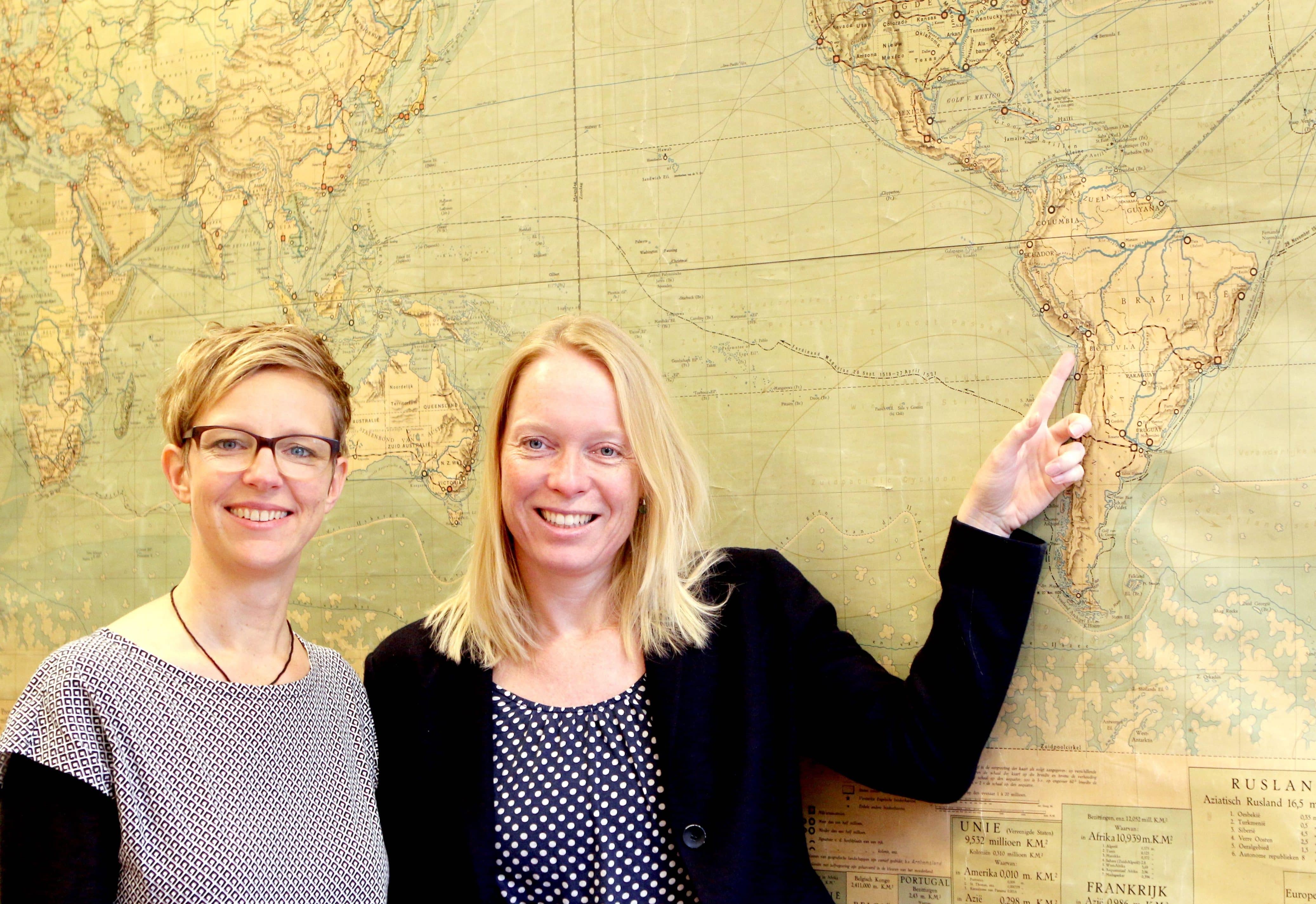How does the experience of trauma impact women’s empowerment and economic participation over time? Social and clinical psychologists join efforts to follow the development of Bolivian girls over the next ten years.
Many women of reproductive age use a hormonal method of birth control, often referred to as “the pill”. While pill use is often ignored when analyzing psychological data, the effects of its hormones on the brain and mind may confound conclusions drawn from such data.
Around 20% of the Dutch experience an anxiety disorder such as a specific or social phobia in their lifetime, and half of them develop their phobia before the age of 18. So why not start facing our fears at the time we develop our phobia instead of waiting until things get scarier and scarier?
This post introduces a study by Minita Franzen, who examines social encounters of teenagers. How do teenagers experience their encounters with others, how do they behave and feel during such encounters, and how are they affected by them in the short and long term?
Donald Trump’s ‘covfefe’ tweet has invited ridicule and raised some serious questions (such as ‘what was he thinking?’). However, the most important question has so far remained unasked: can his mistyped tweet be called ‘creative’?
If you live long enough, you are bound to experience the death of a loved one. For many, this is the most stressful life-event ever encountered. While most people gradually adjust to their loss, a minority develop severe, enduring, and disabling grief symptoms. How should such ‘complicated grief’ be treated?
I am an international PhD student from Indonesia. It is always been my dream to study an advanced clinical treatment in my home country, which is exactly what I am doing right now. However, the struggle to stand on two different continents to make my research happen… is real.
Internationalization is hot, and our university is working hard to set up collaborations with universities in other countries, of which India is seemingly going to be one of them. A brief report to get a flavour of my first experience at Thapar University in Patiala, India.
One Monday in mid-to-late January is said to be the most depressing day of the year. For the past 12 years, a Welsh psychologist has been associated with this day. He has become known as the brain behind Blue Monday, allegedly developing the formula used to calculate the date. But what is the real story, and how has it developed over time?
Hi fellow colleagues and students, I hope you are enjoying the week! I Just wanted to introduce myself, as I am a new member to the University and will be contributing to the Master in Forensic Psychology as a lecturer.










